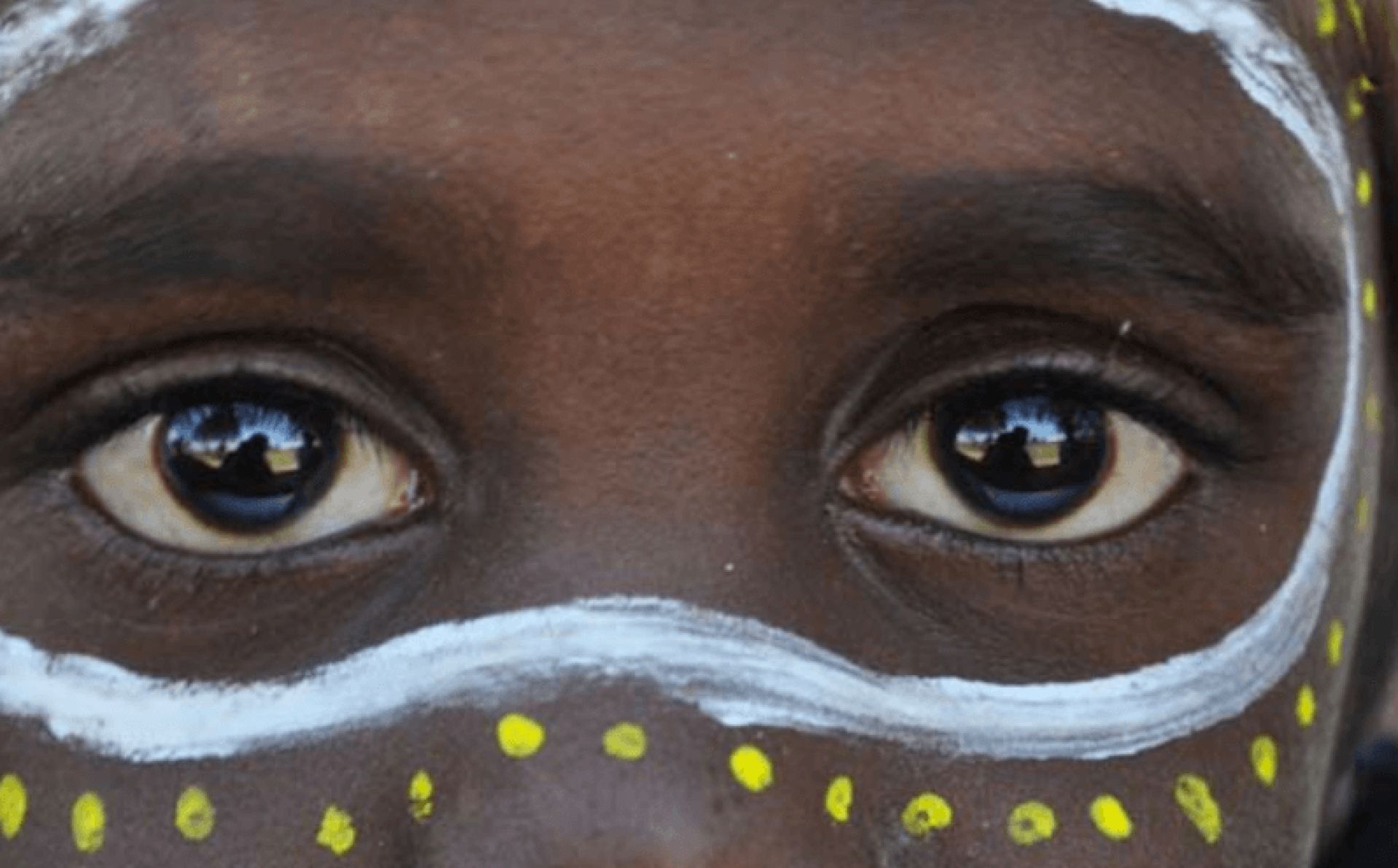

A booklet developed by Batchelor Institute research student Rebekah Farmer and adjunct Lyn Fasoli, titled You’re in New Country, has recently been reviewed by the Evaluation Journal of Australia. This esteemed journal publishes articles of professional merit and provides the opportunity to disseminate current research and innovative practice in the field of evaluation.
The 90-page resource was the product of 18-months of participatory research in Wadeye, the largest remote Indigenous community in the Northern Territory. The thought-provoking research was written as a guide for non-Indigenous early childhood educators, teachers and mentors who are commencing work in remote Indigenous communities. Although it was originally published in 2011, this latest review recommends You’re in New Country for a wider audience, especially evaluators.
The document cautions readers to avoid taking a ‘one size fits all’ approach to Indigenous communities, as each will have differing cultural values and practices. True to its’ title, it encourages readers and educators to see themselves as visitors to a new country and to acknowledge the various different aspects of life and culture in remote communities.
Written as part-narrative, part-handbook You’re in New Country is separated into 11 chapters that utilises several formats and voices to offer well-rounded advice on key issues and topics. This approach allows for local perspectives to be featured and poses relevant questions for those who work within intercultural contexts.
If you are interested in this resource, it is available to download for free here from Batchelor Institute’s website.
